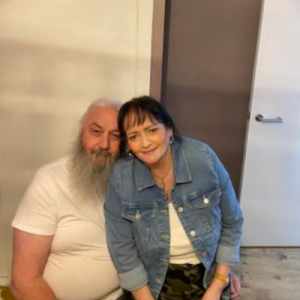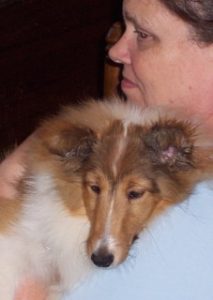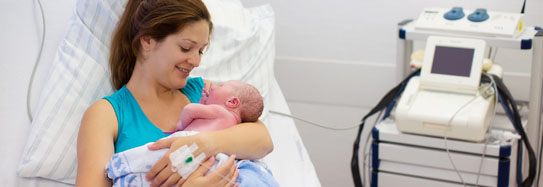Gallstones are hardened deposits that can form in your gallbladder, a small, pear-shaped organ found just below your liver on the right side of your abdomen. The gallbladder’s role is mainly to store bile, a digestive liquid your liver produces. Sometimes substances in the bile, particularly cholesterol, stick together to form stones. It is possible to have gallstones and not know it, but when a stone is big enough to become stuck or lodged, it can block the flow of bile.
Most people usually pass the stones without medical help. If the stones are stuck though, they can be quite painful, and they could cause inflammation and infection. Some people must have their gallbladder surgically removed. Either situation could potentially lead to sepsis. Sepsis, which was often called blood poisoning, is the body’s life-threatening response to infection. Like strokes or heart attacks, sepsis is a medical emergency that requires rapid diagnosis and treatment.
Suggested Citation:
Sepsis Alliance. Sepsis and Gallstones. 2024 https://www.sepsis.org/sepsisand/gallstones/
Updated January 5, 2024.

































